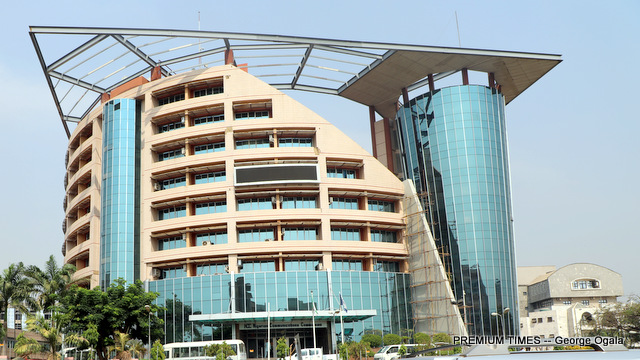By Maduka Nweke
Stakeholders in the built environment have attributed the rising cost of housing deficits to include urban migration, cost of registration of title documents among others.
The stakeholders position arising from a random sampling conducted by the Daily Sun on increasing housing deficit in the country, agreed that cost of raw materials in the building industry with over 60 per cent still being imported results in acute housing shortages.
The cause of this growing housing shortage also grew from a simple to a more complex problem, they agreed. In 1991, mortgage inefficiency was the sole cause of the housing shortage in the country. While this remained, other factors pulled their weight to create a more complex problem. They agreed that additional factors which helped in making housing deficits insurmountable abound.
According to Mrs Folake Odunsanyo, a property developer in Amuwo-Odofin in Festac area of Lagos, the additional factors are urban expansion, over-population, slum demolition, increasing poverty, urban migration, cost of land, high cost of registration of title registration, cost of construction, cost of materials, cost of labour, cost of fund, land grabbers syndrome among other factors. “This is due to a number of factors, including the devaluation of the naira, inflation, and the overall increase in the cost of living.
The good news is that there are ways to cope with the increased cost of building materials. This is only if government could leverage on the local content and discourage importation of certain building materials and crash the price of cement and other materials that are produced locally. They should encourage local manufacturers of building materials by incentives and less taxes,”she stated.
According to Paulo Mandiro, in charge of plastic plates in a plastic manufacturing company, in Jos, Plateau State, the cost of building materials has been on the rise in Nigeria for the past years and the problems continue to increase because of government’s failure to combat it.
He said, “the price of cement, among many other building materials, has been on a consistent rise in Nigeria, with no end in sight for a possible reduction. “In fact, there has been a major increase in the prices of building materials, and this has also affected the prices of housing units being produced by the government and developers,” he opined.
Also responding, Chief Meckson Innocent Okoro (MI OKORO) said that the high cost of construction is due to a number of factors that include high cost of labour and raw materials as well as high cost of land.
The high cost of construction is also due to the low productivity of the construction sector, which results in higher costs per unit of output. The high cost of construction is a major constraint on the development of the Nigerian economy. Furthermore, this issue has led to an increase in mortgage fraud as well as increased economic inequality. Consequently, there are some policies that can be adopted by policymakers that would help mitigate the negative effects of the high cost of construction.
According to the immediate past President Nigerian Institute of Building (NIOB) and former President of Building Collapse Prevention Guild in Nigeria (BCPG) Mr. Kunle Awobodu has urged stakeholders in the built environment to explore ways for using local resources in standard, safe and durable buildings in the country for construction.
Speaking recently to Daily Sun, Awobodu explained that NIOB had a large reservoir of research resources consisting of research works on locally available building materials. He said the cost of constructing buildings will continue to be on the high cost if builders fail to leverage on the local raw materials that cost cheaper. He said that some of the areas of research NIOB had include the use of pozollana, rice husk ash, and corncob ash as a partial replacement for cement. These he said, can save the builder a lot of money than he could imagine. He observed that beyond publicising the research efforts, there is the need to utilise those research outputs for the market. “I am not happy that all these research works will be dumped while builders keep chasing foreign building materials.
According to a recent report, the cost of building materials in Nigeria is on the rise. “This is due to a number of factors, including the devaluation of the naira, inflation, and the overall increase in the cost of living. As a result, many Nigerians are finding it difficult to afford basic necessities, let alone construction materials. The situation is exacerbated by the fact that there is a shortage of building materials in the country. The government has said they will help bridge this gap, but it may take some time before things improve. In the meantime, both consumers and builders will have to deal with higher prices. For those looking to build their own homes, now might be a good time to start saving up for material costs that are only going to get more expensive. For those who already own homes, you might want to consider making repairs or doing any upgrades you can now before your budget gets too tight,” said Prof. Akaluka Onunkwo, a civil engineer.
BREAKING NEWS: Nigerians have now been approved to earn US Dollars; let’s show you the process and methods to earn $5000-$10,000 monthly. Click here to see the possibilities.

.png)







